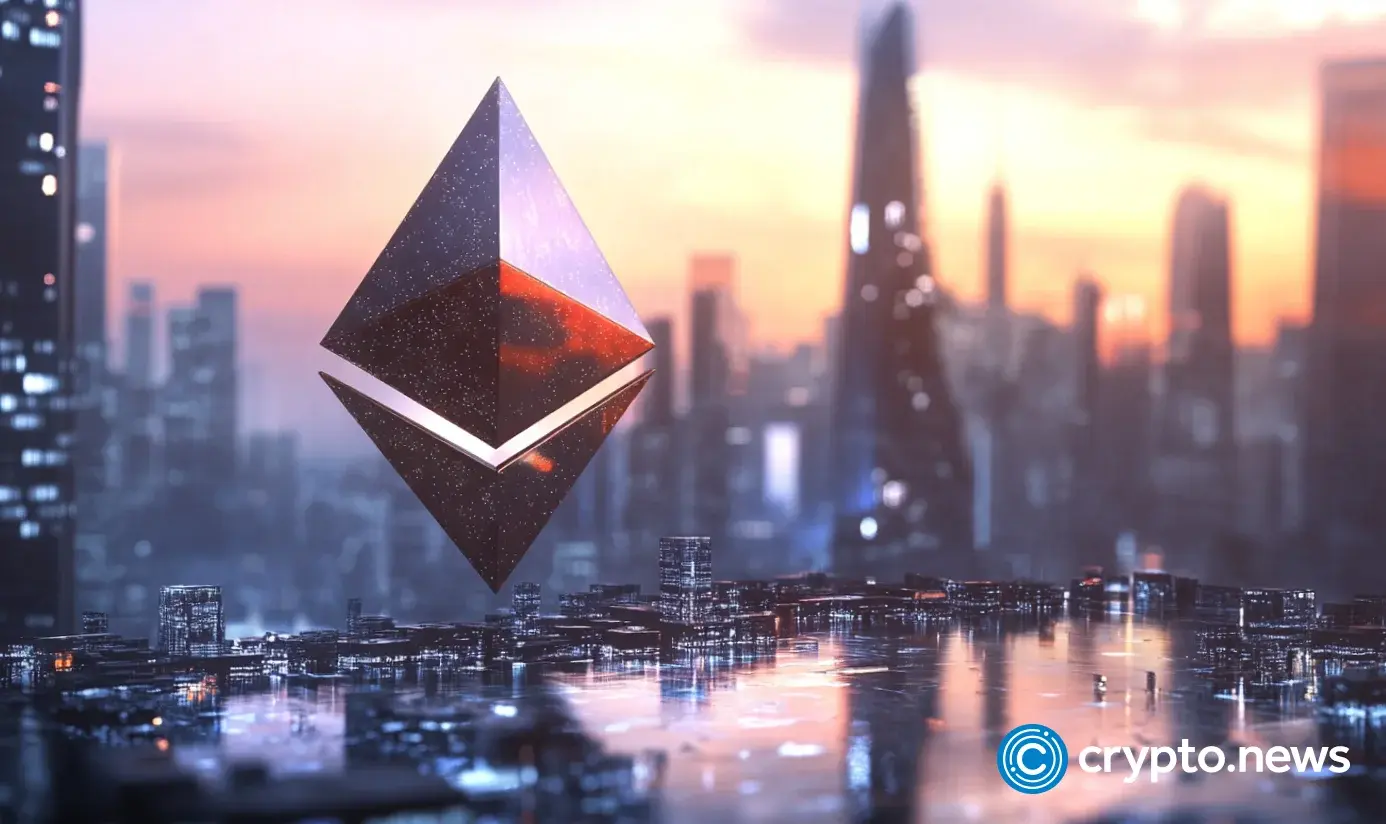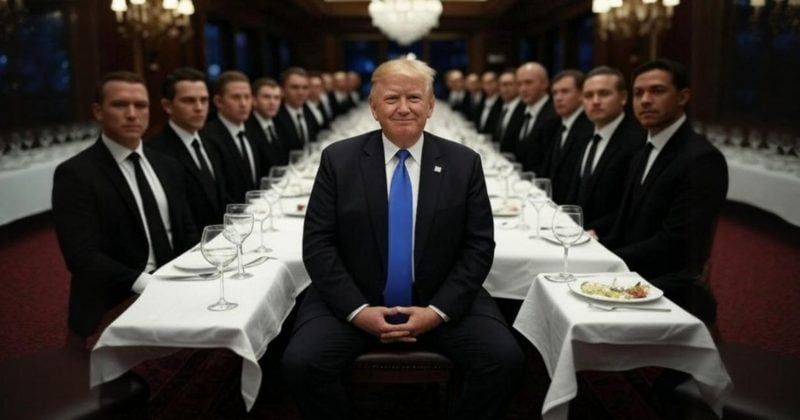The Indian government has directed Elon Musk’s social media platform X to restrict access to more than 8,000 user accounts.
According to a statement issued through its Global Government Affairs profile, X highlighted that non-compliance with these government directives could lead to serious legal consequences, including hefty financial penalties and possible jail time for its employees based in the country. The company noted that the blocking orders target a range of accounts, including those of high-profile users and international news outlets.
“X has received executive orders from the Indian government requiring X to block over 8,000 accounts in India, subject to potential penalties including significant fines and imprisonment of the company’s local employees. The orders include demands to block access in India to accounts belonging to international news organizations and prominent X users,” the statement said.
X stated that, because of legal constraints, it cannot release the executive orders it has received. However, the platform emphasized that public access to these orders is crucial for transparency. Without such disclosure, X warned, there is a risk of eroding accountability and enabling potentially arbitrary or unjustified decisions.
“In most cases, the Indian government has not specified which posts from an account have violated India’s local laws. For a significant number of accounts, we did not receive any evidence or justification to block the accounts,” it added.
However, X stated that it would hold back access to the accounts identified by the Indian government, but only within India. While the platform has started implementing these restrictions, it expressed strong opposition to the government’s demands. According to X, blocking entire accounts goes beyond what is necessary and effectively censors current and future content, posing a threat to free expression. Despite its objections, the platform emphasized that it would comply with the orders to ensure continued access to its services in India, recognizing the platform’s importance in enabling people to share and receive information.
“To comply with the orders, we will withhold the specified accounts in India alone. We have begun that process. However, we disagree with the Indian government’s demands,” X said.
“Blocking entire accounts is not only unnecessary, it amounts to censorship of existing and future content, and is contrary to the fundamental right of free speech. This is not an easy decision, however, keeping the platform accessible in India is vital to Indians’ ability to access information,” the statement added.
X announced that it is actively reviewing all legal options available to the company in response to the government’s blocking orders. The platform also urged affected users to pursue legal remedies through the courts. While individuals in India can challenge the orders directly, X noted that it faces legal limitations under Indian law that prevent it from doing so.
X said it has notified impacted users about the restrictions placed on their accounts. The company also shared that those affected can contact the Indian government for further information or clarification at [email protected].
Ongoing legal battle
Musk’s social media platform X, which recently rose to become India’s leading news app, has found itself in an ongoing legal clash with the Indian government. The company has filed a lawsuit challenging what it describes as government overreach, claiming that officials are improperly pressuring the platform to suppress content.
At the center of the dispute is a legal challenge against using a government-operated platform known as Sahyog, created by the Ministry of Home Affairs. X argues that the portal gives authorities extensive powers to demand content takedowns, which the company believes violates India’s own digital regulations.
Describing Sahyog as a “censorship portal,” X maintains that it should not be compelled to participate in a system it views as incompatible with the principles of free expression and lawful governance.
In contrast, Indian officials defend Sahyog, stating that the platform is essential for addressing the spread of harmful or unlawful content online, and that it serves an important public safety function.
Bad timing?
The recent executive order may pressure Musk’s expanding interests in India, particularly following his April meeting with Prime Minister Narendra Modi, where both sides expressed a strong interest in deepening technological collaboration. Tesla (NASDAQ: TSLA) is preparing to establish retail outlets in key cities like Delhi and Mumbai, while Starlink—Musk’s satellite Internet venture—has moved one step closer to launching operations in India. On May 7, the company secured a Letter of Intent (LoI) from the Department of Telecommunications (DoT), a key development signaling the government’s preliminary approval. This milestone marks significant progress in Starlink’s efforts to offer high-speed satellite Internet to Indian consumers, particularly in remote and underserved regions.
In an earlier discussion held in February, Modi and Musk explored opportunities to strengthen ties between Indian and American organizations across sectors such as artificial intelligence (AI), space research, sustainable development, and innovation. The conversation also touched on the potential for broader cooperation in emerging technologies, entrepreneurship, and digital governance.
Reports suggest that Musk is eyeing an investment of around $3 billion in India, with a significant portion likely directed toward constructing a new manufacturing facility. If approved, such an investment could be vital in supporting India’s push toward future-ready infrastructure and digital inclusion. From scaling up electric vehicle (EV) adoption to expanding broadband access in underserved regions and deepening private-sector involvement in space to accelerating clean tech, Musk’s ventures are well-positioned to support India’s long-term development goals.
Although regulatory challenges remain, Musk’s business vision aligns closely with India’s strategic objectives to become a global hub for sustainable innovation. His focus on electric mobility, satellite connectivity, and space exploration mirrors key government priorities in clean energy, digital transformation, and scientific advancement.
Watch: India is going to be the frontrunner in digitalization
















 English (US) ·
English (US) ·